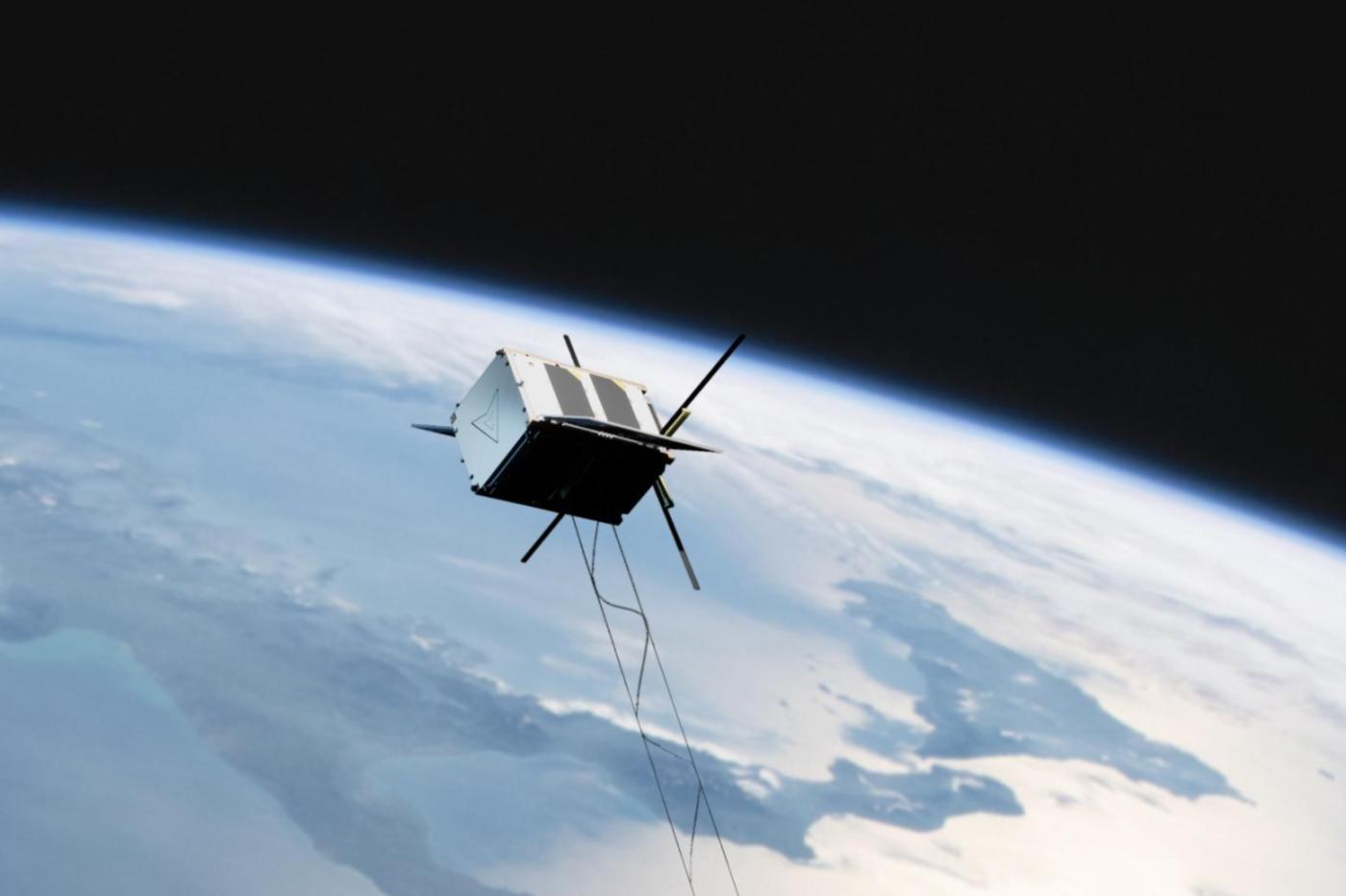A Chinese company will soon launch a constellation of 36 satellites in low orbit, with the aim of improving prevention of natural disasters.
The least we can say is that Elon Musk’s Starlink is not unanimous among various observers. Like all the projects of the sulphurous billionaire, this one tends to monopolize the attention of the public; so much so that it would be easy to forget that other actors are also working with such constellations of satellites. This is notably the case of a Chinese project, revealed by China Daily and spotted by Interesting Engineering; Tianjin Satcom Geohe Technologies Co wants to put a constellation of 36 satellites into orbit. The deployment will take place between June 2022, and May 2023.
The comparison with Starlink, on the other hand, stops there. In this case, it is not a question of offering Internet access; the goal is to play a protective role. Indeed, the role of these satellites will be to carry out a preventive watch vis-à-vis potential natural disasters. To do this, this surveillance squadron will produce a large quantity of images that can help researchers identify and then analyze “geological deformations of the order of a millimeter“. However, the data captured by this satellite network will not be sufficient on its own. They will be combined with geological field studies, and qualified using data from ground sensors.
According to Guo Jianqiang, chairman of the firm, this data set should significantly improve the accuracy and speed of predictions; in the case of certain geological disasters such as landslides, subsidence, or collapse, this could allow the authorities to warn the population more quickly so that they can prepare. Beyond the preventive aspect, it could also be useful in the event of disasters that have already occurred, by providing more information to rescue teams.
Better to prevent and cure
But as Interesting Engineering reminds us, this second part is rather part of the prerogatives of the International Charter Space and Major Disasters. This project is the result of an agreement between European, French and Canadian space agencies; it is more focused on disaster response than prevention. Unlike the Chinese project, its objective is above all to support humanitarian efforts in the event of already established disasters. The Chinese project would therefore constitute the ideal complement.
Between prevention and cure, no need to choose anymore; with these two programs, we would therefore have a double system of satellites; one part would specialize in prevention, and the other in humanitarian response to major disasters. And if we trust the latest forecasts from the IPCC, we may well need it in the decades to come …
–


/cloudfront-eu-central-1.images.arcpublishing.com/madsack/SYGY3Z3VRJF3TJZ6YOF53JAKDY.jpg)